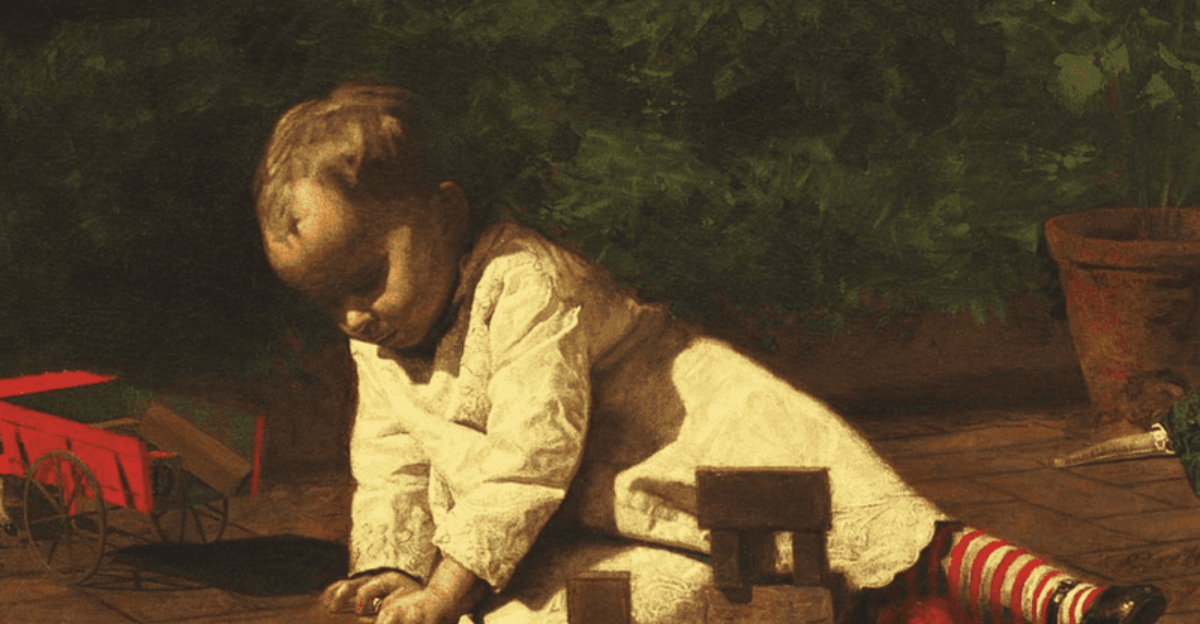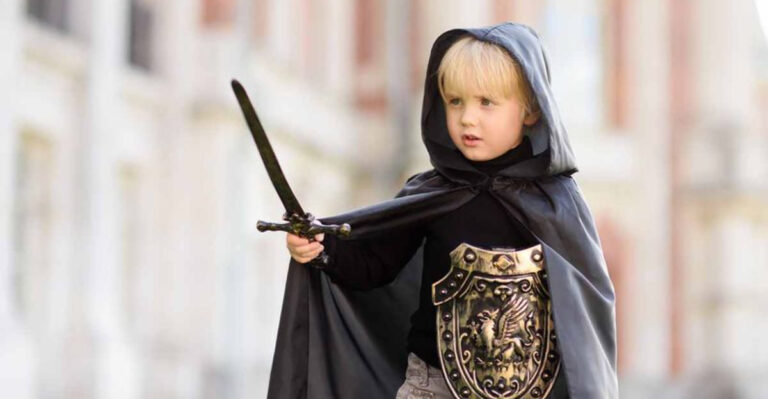17 Popular Names From The 1800s You Might Recognize Today
I’ll skip the preamble—names are personal. They carry more than just syllables; they hold family weight, childhood memories, sometimes even wounds that split open at odd hours. I grew up hearing the same names echo in old family stories and modern playgrounds.
Ever wonder why some names hang around for generations, while others fade like a one-season sitcom? Here’s a real look at 17 names from the 1800s that show up today, still fierce, still familiar, still breaking silence in the middle of the night when someone yells them from the porch.
I’m not here to tell you what’s classic or trendy. I want you to see the soul behind these names—the grit, the comfort, the contradictions. So grab your coffee or whatever gets you through a Tuesday, and let’s get real about names that refuse to disappear.
1. John
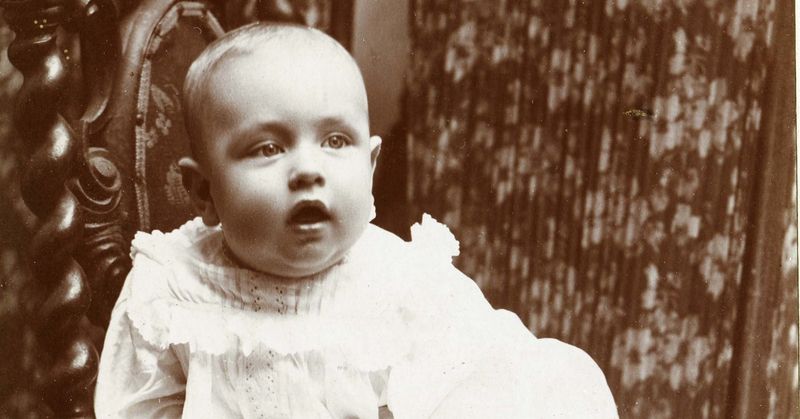
You could probably yell “John!” in a crowd and at least three heads would turn. That’s not just coincidence; it’s history. The name has this sturdy backbone, always steady, never desperate to impress.
Think about how many Johns showed up in your family tree—mine had four. There’s something honest about the name, like a handshake that isn’t trying too hard. It belonged to kings and farmers, soldiers and poets. In the late 1800s, John was everywhere, like air—you didn’t notice it, but you’d miss it if it was gone.
Sometimes I hear people call John “plain.” But maybe plain is just another word for reliable. Imagine all the secrets, promises, and Sunday morning scoldings that started with “John.” It’s still here because it never needed to shout. That’s its real power.
Fun fact: In the 1880s, John was the single most popular boys’ name in the United States.
2. William

Not everyone named William wears a crown, but the name pulls itself up like it remembers royal blood. My childhood best friend’s granddad was a William—he built his own house from scratch, twice, because the first one burned down.
William has a certain gravity—a little formal, but not stiff. It’s the name people shorten when they feel close: Will, Bill, Billy. That flexibility is its secret weapon. If you ever met a William, you probably noticed a quiet confidence, like he didn’t need your approval.
What’s wild is how the name stayed fresh. William was the runner-up to John for all of the late 1800s, but it never felt like second place. It just waited for trends to come back around. Famous Williams span from authors to actors, and I’ve never met a William who didn’t have a story ready. No wonder it stuck around.
3. James

James walks into a room like he’s got a secret—maybe he does. My uncle James always had a trick up his sleeve, the kind of person who caught your eye because you just knew he had one foot out the door.
The name James is never out of place. It fits boardrooms, barbershops, and band posters. There’s an edge to it—biblical, regal, and somehow rebellious all at once. You can sense it across generations, from a James in your class all the way back to a great-great-grandfather with callused hands.
James ranked third in popularity in the 1800s, and honestly, it never asked for attention. It just gets it. Maybe that’s why James never feels old or forced. You don’t forget meeting a James—he usually leaves you grinning or shaking your head, sometimes both.
4. George

You can’t hear this name without picturing someone who holds the line, even when things fall apart. There’s something approachable about the name, but not fragile.
George is the guy who everyone calls when the basement floods or the grill won’t light. The name has British roots, sure, but it’s always felt a little more blue-collar than blue-blooded.
In the 1800s, George was the fourth most popular boys’ name—a fact that would probably make every George roll his eyes. He’d rather get things done than brag about numbers. Famous Georges have been kings and presidents, but most of them just want to fix what’s broken and then disappear back into their day.
5. Charles
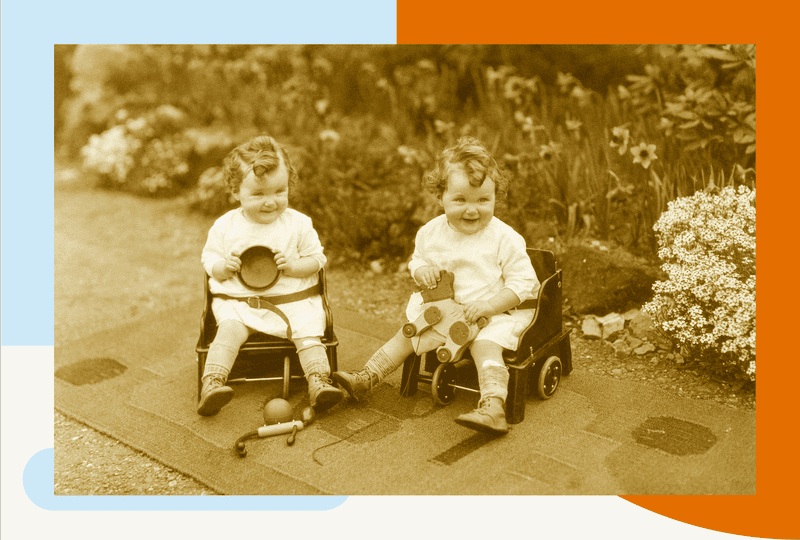
Charles doesn’t rush. He’d rather take a beat and think things through. My grandfather Charles played chess like it was a philosophy lesson, and maybe that’s just the vibe the name carries—intentional, never flustered.
It means “free man,” which is fitting. He always sets his own terms, and you get the feeling he’s seen things you wouldn’t even guess at. The name has a softness when whispered and a bit of bite when spoken sharply.
In the 1800s, name hovered near the top, outlasting trends by being quietly compelling. You can call him Charlie or Chuck, but Charles is a name that looks you in the eye and doesn’t blink. Maybe that’s why it still feels relevant.
6. Frank

He never pretended to be anyone else. He’s the guy who tells you when there’s spinach in your teeth—and somehow, you’re grateful.
The name feels honest, like it promises no surprises. It peaked in popularity in the 1880s, and it’s easy to see why. Everyone trusts a Frank, even when you barely know him.
It’s a name that doesn’t hide. There’s no pretense, just a straight shot from first handshake to last goodbye. If you ever met a Frank, you probably left the conversation feeling a little more seen. That’s the charm, really.
7. Joseph

A name that is the steady heartbeat in a world that sometimes forgets to pause. My cousin “Jo” could sit through a storm and come out calmer than before—he taught me patience by just being there.
The name has Hebrew roots, and in the 1800s it was seventh for boys, but it could have easily been first for quiet strength. Josephs aren’t loud, but they’re the ones you call at 2AM when things get messy.
There’s a depth to the name in how it carries a sense of purpose. It’s a name for dreamers who don’t mind rolling up their sleeves. If you meet a Joseph, you’ll probably remember how steady you felt around him, even when nothing else made sense.
8. Henry

He isn’t here to win you over. He’s the one who listens more than he talks, and it makes all the difference.
The name means “estate ruler,” but most Henrys I’ve known would rather nurture than command. It’s the quiet details that stand out. In the 1800s, Henry ranked high and it’s come back around, probably because the world needs that kind of steady.
Every Henry I’ve met carried a gentle wisdom, like they’d lived three extra lives you’d never hear about. It’s a name that asks for nothing but respect, and gets it anyway. The world could use more Henrys, honestly.
9. Edward

This name always sounded like velvet to me—soft but unbreakable. It means “wealthy guardian,” and it fits.
Edward doesn’t need to be the center of attention, but he’s always the one people turn to in a crisis. It’s a name that holds weight, like it’s lived through wars and heartbreak and still sits quietly at the end of the table.
It was a classic in the 1800s, but even now, it doesn’t feel antique. Maybe that’s why you still hear it whispered in nurseries and shouted on playgrounds. It’s timeless, really.
10. Helen

Helen always sounded like a hope whispered in the dark. My great-aunt Helen kept every letter she ever received—maybe that’s why her stories never felt lost.
The name means “light,” and it glows with a kind of quiet resilience. You could find a Helen in a poetry book or on a city bus, always carrying a little spark that doesn’t fade. In the 1800s, it brought a touch of chic to every family it landed in.
The name doesn’t chase trends; it lets them circle and then slips by unnoticed. Meet a Helen, and you’ll probably remember the way her laugh sounded, like she knew a secret the rest of us missed.
11. Emma
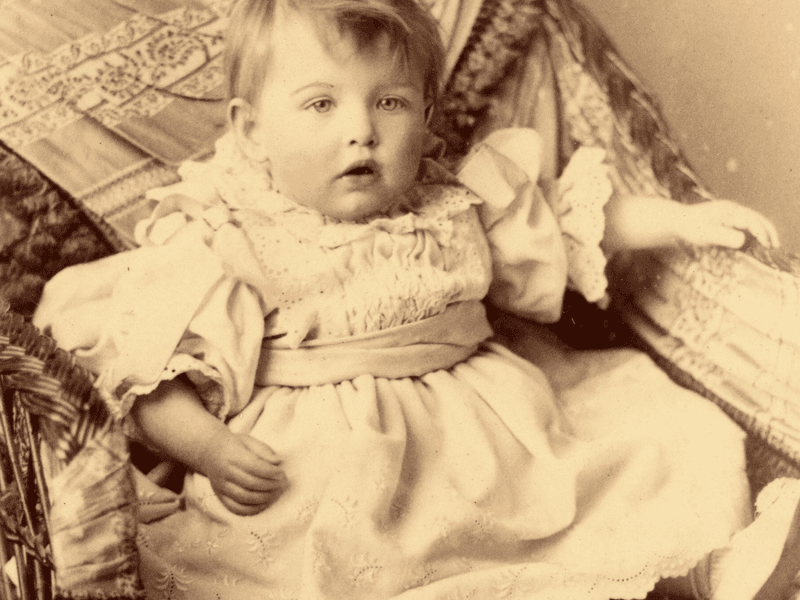
Emma never needed to shout to be heard. The name means “universal,” and honestly, it fits like a second skin.
In the 1800s, Emma felt new and familiar at the same time—a paradox that somehow works. It’s simple, no frills, but you remember it because it leaves a mark. Or just because you’re massive Friends fan.
Emma walked through every decade and didn’t pick up any dust. She shows up in novels, baby name lists, and friend groups, always a little warmer than you expected. If you’ve ever met an Emma, you know exactly what I mean.
12. Elizabeth

This is the name you whisper when you need to feel strong. It means “God is my oath,” and there’s a kind of promise in every syllable.
The nickname options are endless—Liz, Beth, Eliza, Libby. But somehow, Elizabeth always feels whole. In the 1800s, it was a classic pick, and it never fell out of favor for long.
Elizabeths don’t fade into the background. They have a way of making you feel like you matter, just by listening. There’s a reason the name is woven through history, literature, and family trees. It just works.
13. Margaret

Margaret sounds like a story waiting to be told. My grandmother Margaret could turn leftovers into a feast and every grandchild into a believer. The name means “pearl,” and pearls form under pressure. That’s the truth of every Margaret I’ve met.
It was everywhere in the 1800s—top ten for decades. But it never felt overused; it felt earned. The nickname Meg, Maggie, or even Greta, each one has its own shade.
It’s the kind of name that gets stronger with time, not weaker. If you find a Margaret, you’ll probably want to sit down and listen—she’s got stories, and none of them are boring. That’s the real hook.
14. Florence
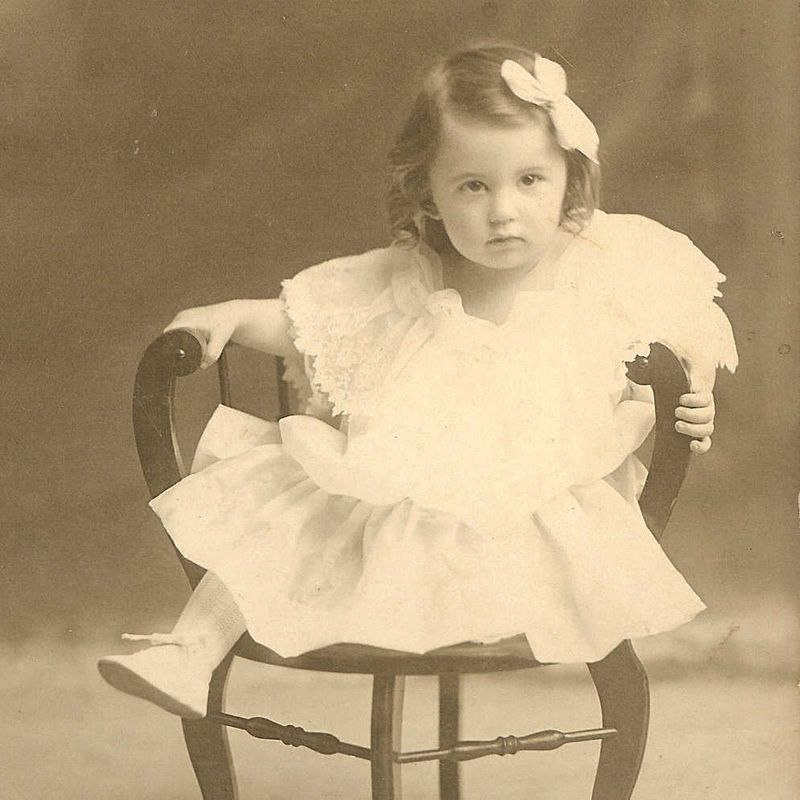
A name that feels like a secret garden at dawn—unexpected and full of quiet power.
The name means “to bloom,” and in the Victorian era, Florence did just that, sparked by the fame of Florence Nightingale. The name turned soft hope into determined action, and people noticed.
It isn’t showy. She doesn’t need to be. If you hear the name, you probably think of someone who’s quietly changed the world, without the need to explain herself.
15. Clara

This name always felt like the first note of a favorite song. It means “bright” or “clear,” and it carried a kind of hopefulness in the 1800s that still feels fresh.
Clara is gentle but direct—the kind of person who’d tell you the truth, even if it stings.
You’ll find her in storybooks and in real life, never trying to steal the show, just making everything a little lighter. The name still lands on birth certificates today—and for good reason.
16. Victoria
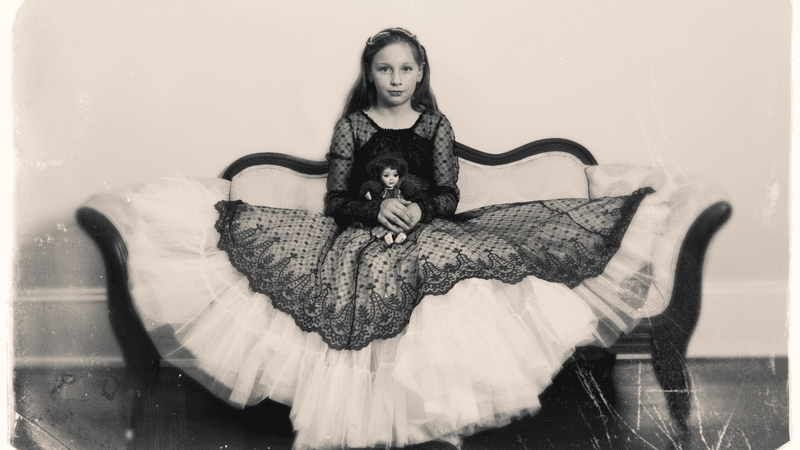
She walks in like she owns the place—and maybe she does. My cousin Victoria never let anyone tell her what she couldn’t do, and she kept her head up even when it cost her.
The name means “victory,” and it’s bold without apology. In the 1800s, Victoria was both royal and relatable, thanks to the queen who gave the era its name. Nicknames like Vicky or Tori soften the edge, but the full name always lands with authority.
She’s the friend who pushes you to try harder and hugs you when you fail. If you know a Victoria, you know she’s not afraid of a challenge—or to speak her mind.
17. Josephine

It’s the name that feels like a wildflower—unexpectedly strong, sometimes stubborn, always vivid.
The name means “God will add,” and it was a favorite in the 1800s for girls who stood out. Josephine was the kind of name that turned up in novels with heroines who broke a few rules—and made you glad for it.
You can call her Josie or Jo, but Josephine always sounds full. If you meet a Josephine, she’ll probably challenge you, but she’ll also make you laugh when you need it most.

